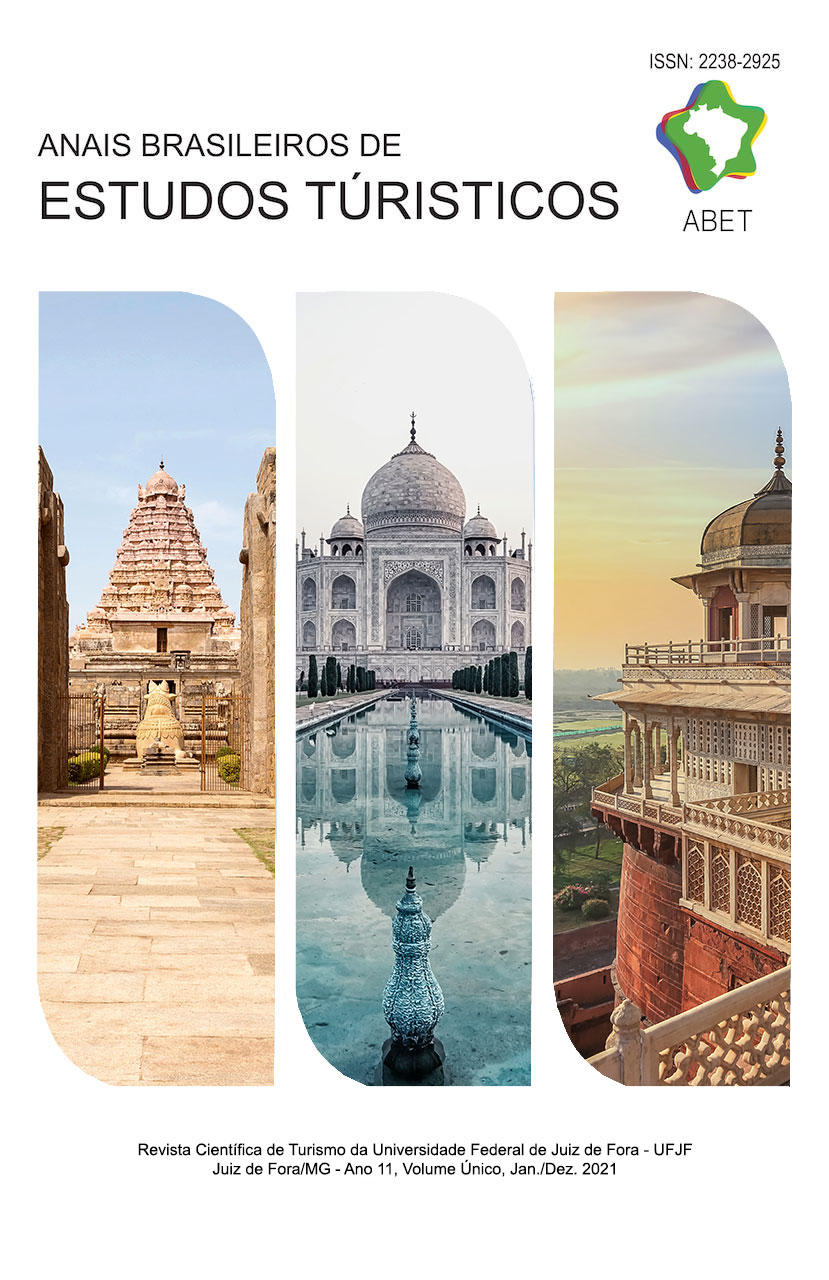Introduction
Keywords:
introductionAbstract
The recent virus outbreaks recently occurred in Wu-Han (China) not only has shown the vulnerability of the tourism industry but also stopped the world. Specialists and colleagues of all pundits have been debated hotly on the effects of COVID-19 on the tourism industry as well as the future of tourism research. For some voices, Coronavirus disease should be esteemed as a valid opportunity towards a more sustainable world (Gossling, Scott & Hall, 2020; Higgins-Desbiolles, 2020; Prideaux, Thompson & Pabel 2020) while for other it poses a serious challenge for the future of the industry (Korstanje 2020). Beyond this discrepancy, COVID19 has been widely and rapidly disseminated through the modern means of mobilities and transport which connected dispersed geographical areas in hours. Basically, and in weeks, the virus –originally spread in China- arrived in Europe and the US. In almost a month, the disease expanded to the rest of Latin America and Africa affecting all nations in the earth. The pandemic has unfortunately left 665.231 deaths infecting almost 17.040.985 (numbers updated in July). Although governments adopted different tactics and strategies, they consisted in several restrictions to global mobilities and tourism such as the cancelation of all incoming flights, national borders as well as the airspace, and the imposition of a lock-down which impeded internally the transit of persons. One of the most castigated countries were the US (152.945 victims) followed by Brazil (88.792 victims), the UK (45.961), Mexico (44.876), Italy (35.129) and Spain (28.441) only to name a few. What is more important, COVID-19 ushered the tourism industry in an unparalleled crisis which today needs from the inter-disciplinary research to find success post-pandemic strategies for a rapid recovery. Because of this, this thematic issue section brings together papers from professional researchers, scholars, and post-graduate students, as also policy-makers, that bring their advances with a strong focus on the effects and consequences of Coronavirus in tourism and hospitality.
Downloads
Published
How to Cite
Issue
Section
License

This work is licensed under a Creative Commons Attribution 4.0 International License.
This journal provides immediate open access to its content, following the principle that providing free scientific knowledge to the public provides greater democratization of world knowledge.
Authors must agree to the following terms relating to copyrights:
(a) Authors keep all copyright and grant the to the journal the right of first publication, with the work simultaneously licensed under the Creative Commons Attribution License that allowing job sharing with recognition of authorship of the work and initial publication in this journal.
(b) Authors are allowed to assume additional contracts separately, for non-exclusive distribution of the version of the work published in this journal (e.g. publish in institutional repository or book chapter), with recognition of authorship and initial publication in this magazine.
(c) Authors are allowed and are encouraged to publish and distribute their work online (e.g. in institutional repositories or on your personal page) since they do not do this before or during the editorial process, as this can generate productive interchange, as well as increase the impact and citation of work aired. (See Effect of Free Access).















